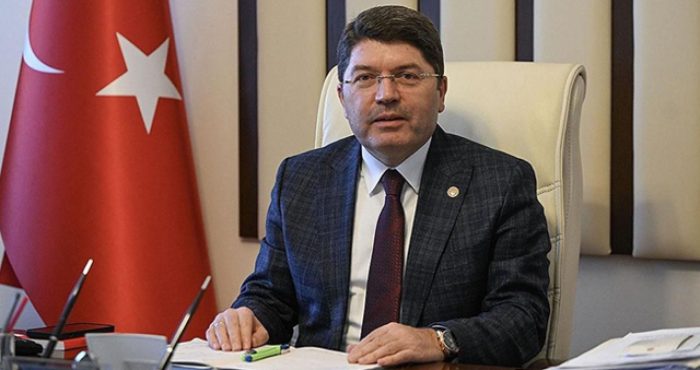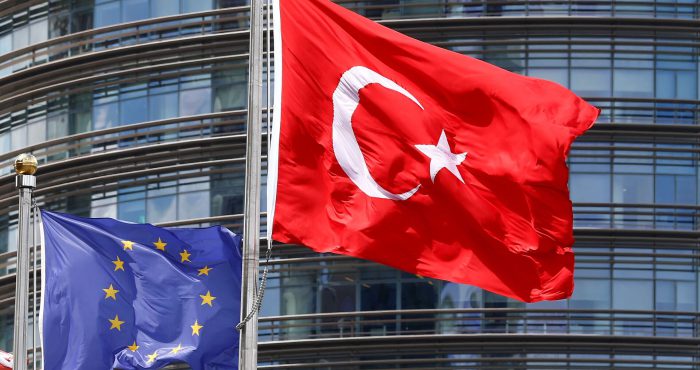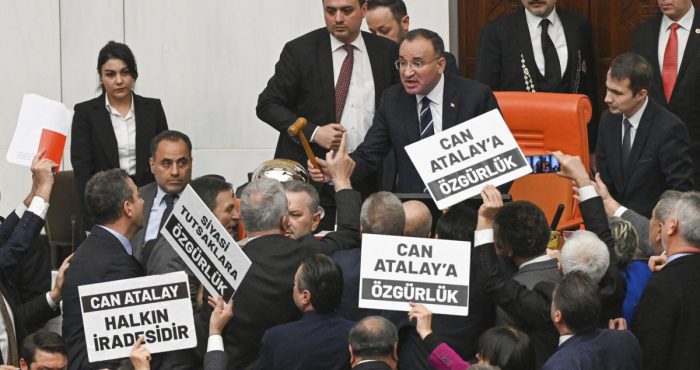In developed countries, even companies are becoming increasingly democratic; it is common to see all employees in a company and relevant business partners being invited to participate in corporate management. Dissenting opinions are voiced and heard within organisations, which encourages reform, change and solutions to existing problems. Global multinational corporations have proved themselves particularly effective at this, for example by hiring hackers who can demonstrate the weaknesses in their own systems. On the other hand, countries governed by leaders who explicate that they are sent by a god, or who are considered to be more autocratic, tend to see strict hierarchies in their companies and public administrations. They become increasingly professional at excluding any dissenters or opponents to ensure that their views are not considered or even aired. As a result, vast amounts of public resources and state assets are being wasted.
In Turkey, the state governance is becoming increasingly autocratic, a style increasingly infiltrating other Turkish organisations. This is manifest in Turkish political parties, which run their headquarters and select their staff to ensure obedience to the party leader, with opposing views not being tolerated. This prevents the emergence of new leaders and new ideas from the grassroots of the party and ensures that all members of the party toe the official line. This autocratic management style has spread throughout Turkey’s governance culture; even public institutions, such as those to which certain professional individuals are legally obliged to become a member and to pay subscriptions, have fallen into the trap of excluding any dissenters from management. By only allowing ‘yes people’ to hold management positions, these organisations are lagging behind in producing better services for the Turkish public and for finding solutions to the problems raised by their members.
The Delegate System Has Become a Tool to Further Strengthen Autocracy
In Turkey, the delegate system of election has significantly contributed to the replacement of democratic management with its more autocratic counterpart. The delegate system restricts the fair representation of people as it can be used by political party leaders to further reinforce their own domination. The management teams play a large role in selecting the delegates, therefore, they choose delegates over which they have influence. In turn, these delegates are entitled to elect the leaders and members of other central managing organs in general assembly meetings, for example. This is a vicious cycle which restricts access to democracy for a large proportion of the Turkish people.
The practice of confining the candidates to certain ‘lists’ limits the fairness of elections, despite being legally legitimate. When a single list is entered into an election, the election doesn’t become one between different candidates, rather, the issue of concern is whether the list is approved or not. If several lists are entered, only one list can win. Therefore, a candidate who receives the most votes could still lose the election by being part of the ‘losing list’; the list that wins is the one with the most votes overall. Whilst it is theoretically possible for candidates to enter the election independently, this carries great risk with regards to the costs that would be incurred for campaigning, which furthers the injustice of the system.
It is an unequivocal fact that the delegate and list systems severely limit and restrict the fairness of elections in Turkey, across both political parties and professional organisations. It has already been recognised by judicial precedents of the Constitutional Court that the delegate system commonly used in elections in public institutions is by nature unconstitutional. The State Supervisory Council further determined this in its 2009 report, emphasising that the delegate system is causing a fall in electoral participation. In order to allow free and fair elections and encourage turnout, the delegate system and list procedure must be abrogated. In elections to more than one post, it should be mandatory to organise elections according to proportional representation. Increasing grassroot participation will be possible only if the systems which maintain the power of the few are abolished. Such reforms will be critical to allowing Turkey to fulfil its democratic potential.




